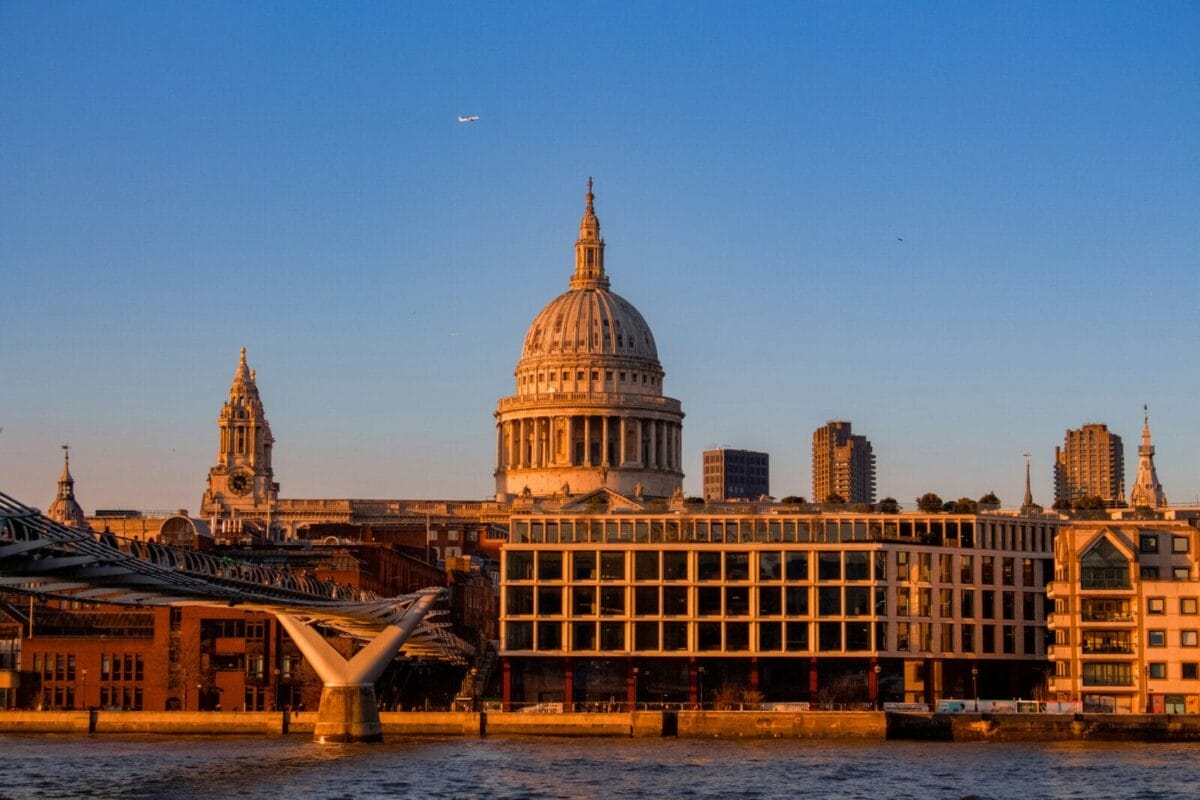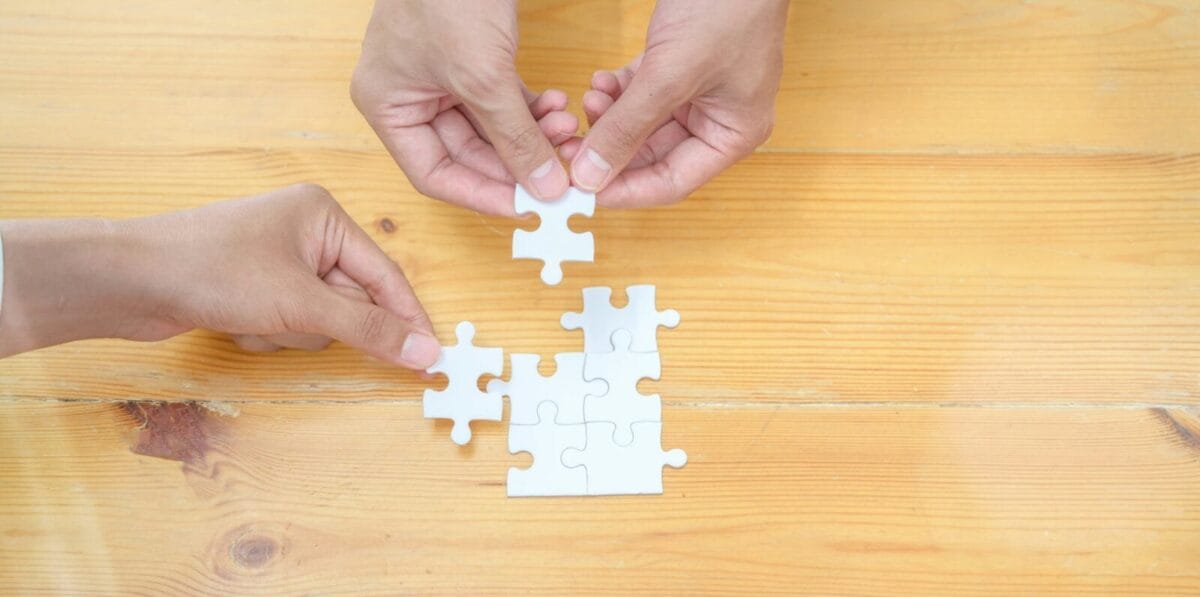It’s currently ISA season, which takes place from February to the end of the financial year in April, a period in which many British savers will be attempting to use up any remaining ISA allowance before they lose it on 6 April.
But how much do Brits really know about ISAs and how confident are they when it comes to utilising them to help grow their savings?
A shocking study from Shepherds Friendly found the following when it comes to Britain’s saving habits:
- 23,966,331 adult Brits don’t currently have an ISA (53%), with three in five of those aged 55 and over not having one, making this the least likely generation to do so.
- One in seven have nothing at all in their savings.
- One in five have set up a cash ISA during the cost of living crisis in order to try and get better at saving money.
- Just one in seven Brits use all of their yearly ISA allowance (£20,000).
- The research also revealed that those who don’t have an ISA are twice as likely to dip into their savingscompared to those that do have an ISA, suggesting ISAs can be beneficial for helping Brits stick to their savings goals.
A separate study from Shepherds Friendly delving into Brits’ knowledge of financial matters also found that:
- Two in five are unaware of the start date of the new tax year (6 April).
- Almost two-thirds aren’t confident in their knowledge of cash ISAs.
- Two-thirds are unaware that the government offers a 25% bonus on top of savings paid into a Lifetime ISA.
Below, Derence Lee, Chief Finance Officer at Shepherds Friendly highlights the importance of ISAs for helping you to grow your long term savings:
“Saving money can be a challenge for many of us, even more so in the context of the current financial climate.
“Setting up an ISA can be a great way to help encourage you to build your savings, allowing you to save up to £20,000 tax free each year. There are several different ISA options to choose from depending on your savings goals, including stocks and shares ISAs that allow you to invest in shares, funds, bonds, and other assets without paying capital gains tax, to junior ISAs that help you to save for your child’s future.”















